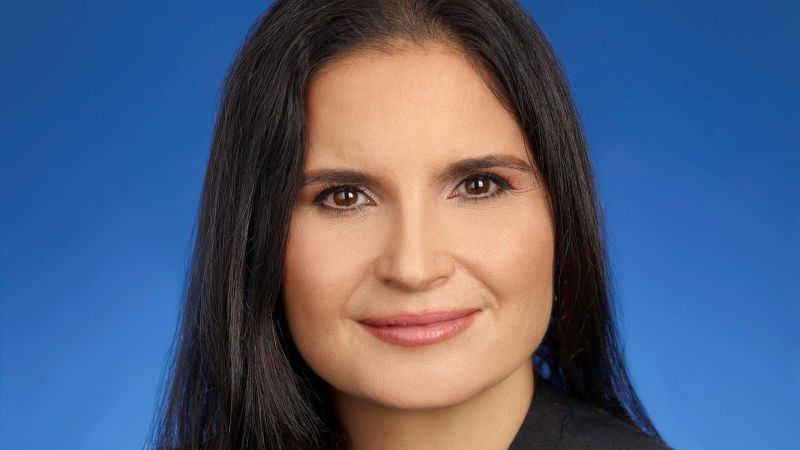The Manhattan hush money case against Donald Trump is approaching a conclusion, while a new phase of pretrial activity begins in the federal classified documents prosecution he is facing in Florida. Trump, along with his co-defendants, is accused of taking classified national defense documents from the White House and resisting the government’s attempts to retrieve the materials. The defendants have pleaded not guilty, and arguments to throw out charges based on vindictive prosecution and technical flaws will be heard in court.
In the Fort Pierce, Florida courthouse, US District Judge Aileen Cannon will preside over the proceedings, where defense attorneys will present their arguments. The trial has been delayed indefinitely, with a series of hearings scheduled through late July to address pretrial issues. Critics have accused the judge of moving too slowly, potentially influencing the timeline of the trial. If the pace does not pick up significantly, it is unlikely that the charges will go before a jury before the 2024 election, with potential implications if Trump were to win the White House again.
Recent disputes over redactions in public filings have delayed the proceedings, with major motions attacking the prosecution not being publicly docketed until recently. Hundreds of pages of sealed court filings were made public by the former president as part of efforts to have the charges thrown out. These filings included a ruling by a federal judge in 2023 finding evidence that Trump committed crimes, allowing investigators to obtain information usually protected by attorney-client privilege. Trump is seeking to have this evidence and evidence obtained in the FBI’s search of Mar-a-Lago excluded from the case.
Although the motions to exclude evidence are not scheduled for argument, Judge Cannon has criticized the Special Counsel’s office for inconsistencies in their redaction requests. She expressed disappointment in the handling of the case, stating that sealing and redaction rules should be applied consistently and fairly. Cannon’s order allowing the filings to be made public highlights ongoing tensions between the defense and prosecution in the case, with the judge taking issue with the prosecution’s actions and representations.
The public filings revealed the challenges faced by both sides in the case, with ongoing disputes over what information should be made public and what should remain sealed. The slow pace of the pretrial proceedings has drawn criticism from legal experts who question the judge’s handling of the case. With the trial delayed and a series of hearings ahead, the outcome remains uncertain. If the charges are allowed to proceed to trial, it may not occur before the 2024 election, with potential implications based on the outcome of the election.
Overall, the federal classified documents prosecution against Donald Trump continues to unfold with pretrial motions, delays, and ongoing tensions between the defense and prosecution. The outcome of the case remains uncertain, with various legal challenges and criticisms of the judge’s handling of the proceedings. As arguments to dismiss charges are heard and pretrial issues addressed, the path forward for the trial is still unclear. Public filings have shed light on the evidence and challenges faced by both sides, highlighting the complexity and contentious nature of the case.
Keep Reading
Subscribe to Updates
Get the latest creative news from FooBar about art, design and business.
© 2026 Globe Timeline. All Rights Reserved.













